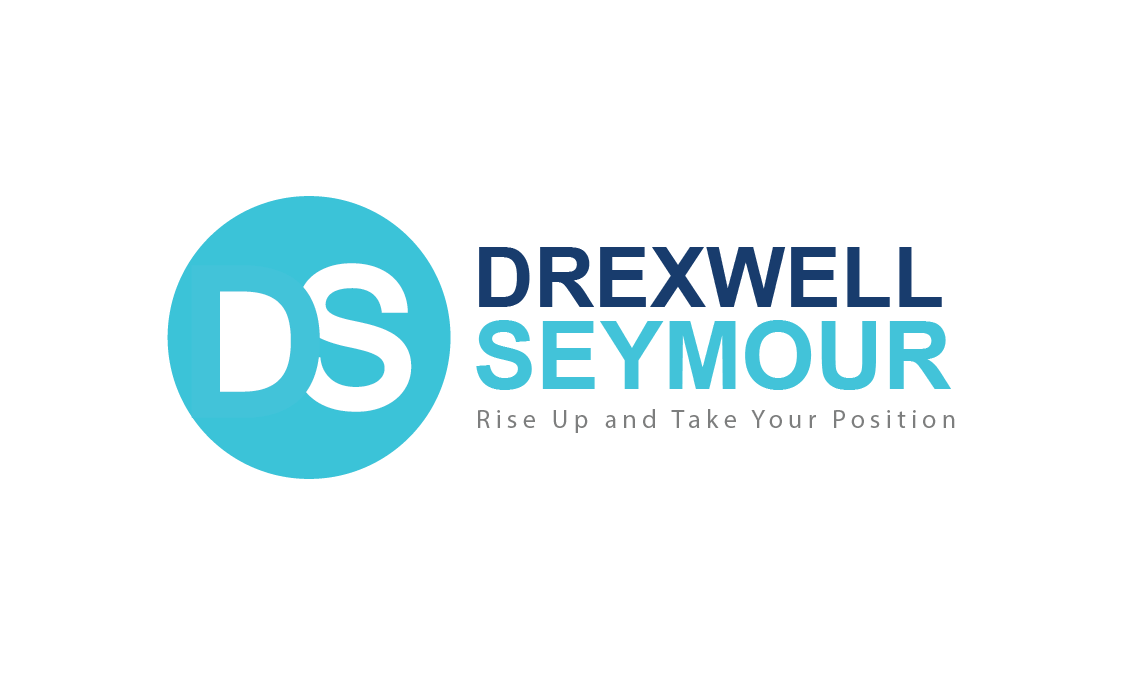Introduction
During the tax write off debate, it was concluded that there was no evidence of any written agreement for Beaches to charge 7.2% accommodation tax. Ironically though, on March 9 through the Gazette, the Government did a rate variation for all-inclusive hotels at a tax rate of 7.2% rather than 12%. However, all other hotels, restaurants and other tourism operators have to charge 12% to their guests.
The 7.2% tax has certain conditions in that it is applicable to any premises that have 300 rooms or more and where the remittances have a three year average of $1,000,000. However, these conditions do not apply to existing all -inclusive premises. This means Club Med, Beaches, Alexandra, Blue Haven and Beach House only have to charge their guests 7.2%.
Discrimination on tax rate
This rate variation is discriminatory not only among all-inclusive hotels (existing and future) but also among other hotel and tourism operators.
Why should all-inclusive hotels have a different rate? Are we promoting the all-inclusive concept for TCI? Are we trying to accommodate Beaches Resort because they claimed they had an agreement with Govt. to charge 40% less than the standard accommodation rate? What I also find interesting is that the Government did not even use the words 40% in the variation, they specifically stated 7.2%. What if the Government decides to increase accommodation tax from 12%, will the Government change the rate variation for all-inclusive or will it remain 7.2%?
If the Government really wants to discriminate on the tax rate of 12%, then they should offer the 7.2% to some of these small local tourism operators and restaurants so they can be competitive in the market.
Cost base
One may argue and say that the all-inclusive has a higher cost structure and is trying to be more competitive with their rates. This argument can also apply to all other hotels and tourism operators.
Yes if you are a guest at an all-inclusive hotel, your food, drinks and water sports are included in your price. Most times you can eat and drink as much as you want. However, hoteliers should factor these costs when pricing the rooms so they can cover the cost of all the services provided to guests. Furthermore, the all-inclusive charge to guests is per person. In other hotels, guests are charge per room normally up to double occupancy. Most of the other hotels are all condos and so all revenue is shared between the owners and the property management company. Hotels like Beaches on the other hand retain all of the gross revenue.
Review the Changes made in 2013
In 2013, the previous administration amended the Hotel and Tourism Taxation Ordinance whereby all guests must not only be charged 12% for accommodation and meals but also for all other services or privileges provided to guests during their stay.
Now that the loan that was guaranteed by the British was paid off and the economy continues to boom, perhaps the government should review the 2013 changes and remove the taxes on all other services provided to tourists.
Conclusion
I know it is hard to amend a tax if it is providing such massive income to the country. However, if we can reduce the rates for existing all-inclusive hotels, then we should we able to offer a reduced rate to the locals who are doing short term rentals and other tourism activities.

